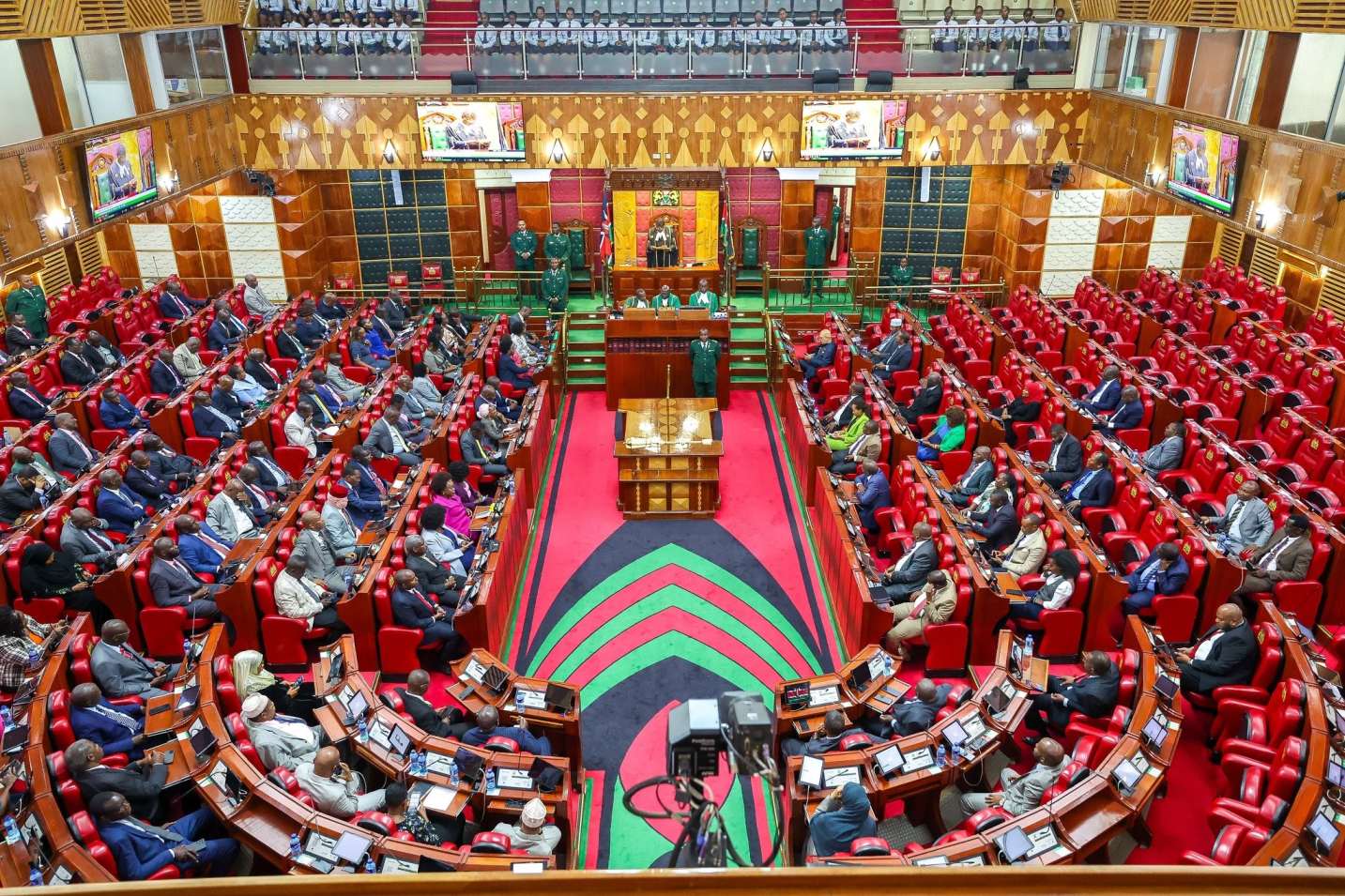Government proposes 16% VAT on streaming services in Finance Bill 2025

This new VAT, if approved, would apply to popular streaming services such as Netflix, Showmax, and local platforms offering digital radio and TV content.
The government has proposed a 16 percent value-added tax (VAT) on television and radio streaming services, as part of the Finance Bill 2025.
This move is aimed at expanding the range of electronic services subject to VAT, reflecting the growing shift toward digital services in Kenya.
The proposal comes as part of broader efforts to tap into the rapidly expanding digital economy and diversify the country’s tax base.
The introduction of VAT on streaming services targets both local and international platforms, which have seen a surge in usage in recent years.
With more Kenyans turning to internet-based platforms for entertainment, news, and education, the government’s decision underscores the changing landscape of media consumption.
As traditional television and radio viewership continues to decline, streaming services have emerged as a key player in the media space, making them a viable target for tax collection.
This new VAT, if approved, would apply to popular streaming services such as Netflix, Showmax, and local platforms offering digital radio and TV content.
The move is designed to level the playing field between digital and traditional media providers, who are already subject to VAT.
By doing so, the government hopes to capture a larger share of the growing revenue from the digital media sector, which continues to expand with increasing internet penetration.
While the government’s intent is to bolster the economy, the proposed VAT has raised concerns among consumers and content providers.
Many fear that the additional tax burden could increase subscription costs for streaming platforms, making it less affordable for the average consumer.
Critics argue that such a move could slow down the adoption of digital media and widen the digital divide, especially for lower-income groups who rely on affordable access to online content.
Despite these concerns, the government is determined to press ahead with the proposal, highlighting the need for increased revenue in the face of mounting public debt and fiscal pressures.
As the Finance Bill 2025 continues through the legislative process, the final decision will be closely watched by both the media industry and the public.
The government will need to carefully assess the potential economic impact of the tax, balancing revenue generation with the need to ensure access to digital services for all.
